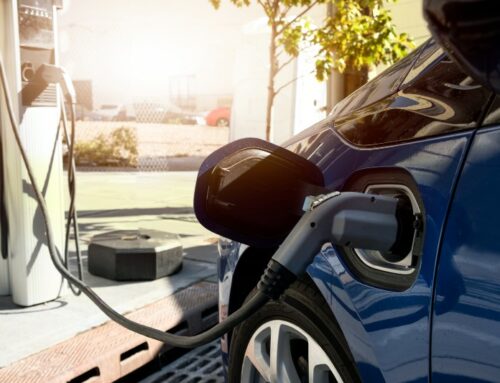ANNUAL average car costs have risen by almost £1,000 – an increase of around 20% – since the start of 2022.
November’s Startline Used Car Tracker research suggests motorists’ annual spending on fuel, insurance, servicing and car finance had risen by £80 a month.
The biggest single increase was seen in fuel at £37 per month but insurance and motor car finance both rose by around £20 per month.
Paul Burgess, Chief Executive at Startline Motor Finance, said: “For a lot of drivers, an annual £960 hike in motoring costs is money that they can’t easily find. Last month, our research showed that one in four families were thinking of selling their car or perhaps downsizing from two cars to one – and this really underlines why.
“The latest finding puts into perspective just how much rising motoring costs are affecting ordinary people who need their car to simply get to work, take their kids to school and drive to the supermarket.”
Respondents also claimed their worsening personal finances would influence the decision-making when buying their next used car with running costs at 66%, the cost of living at 65%, inflation at 35% and job security at 22% toppig their concerns.
Burgess said: “It’s evident that personal finances worries are increasing. More and more, people are feeling the pressure of the cost of living crisis and thinking about what their next used car will cost to buy and run.
“However, it’s also worth mentioning that the used car market remains in good shape. We’re seeing no slowing of demand as a company and our survey also shows little change in how likely people say they are to buy a used car. It’ll be interesting to see if and how this changes over the next few months as the cost of living crisis bites deeper.”
The Startline Used Car Tracker is compiled for Startline Motor Finance by APD Global Research, well-known in the motor industry for their business intelligence reporting and customer experience programs. This month, 305 consumers and 59 dealers were questioned.
According to new Lloyds Bank research released today, as fuel and electricity prices continue to soar. At the same time many motorists are considering making an imminent move to electric or hybrid, in order to make savings and benefit the environment.
Rising living costs have impacted the affordability of driving for people across the UK, with many thinking carefully about their method of transport. The research reveals that almost half (48%) of motorists are avoiding unnecessary journeys due to rising fuel costs, while almost a quarter (23%) have reduced their mileage in order to cut maintenance costs.
The data found that three in 10 (30%) drivers have considered delaying the purchase or lease of a new or used vehicle by an average of two years. Used cars however remain a popular option, with almost half (45%) of drivers surveyed opting for a secondhand car for their next vehicle purchase in order to make savings wherever possible.
EVs remain attractive to motorists, with half (50%) considering a move to electric or hybrid vehicles for their next car, and more than three quarters of these (76%) agreeing that switching to electric is the better choice due to environmental benefits.
Drivers who already have an electric vehicle (EV) are continuing to make savings on running costs. According to ZapMap, an average daily commute of 10 miles at current fuel prices costs £617 a year for petrol users, compared to £325 a year for electric variants of the same car model.1
Nick Williams, Transport Managing Director, said: “Households across the UK are continuing to feel the cost-of-living bite, especially when it comes to their method of transport. Rising fuel and electricity prices have put yet another strain on people’s finances as we head into the winter months.
“Despite this, it’s encouraging that the appetite for electric vehicles remains and those who can make the transition are making an important contribution towards the UK’s overall net zero ambitions.
“However, challenges still lie ahead. All eyes will be on the Chancellor’s Budget this month for further incentives to safeguard the goodwill and momentum behind the increased adoption of electric vehicles that we’ve seen throughout the year.”







Leave A Comment